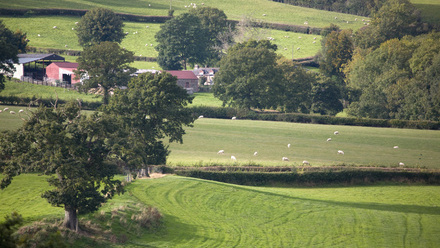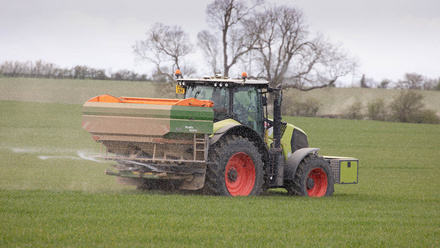AIC responds to Government’s ‘Due diligence on forest risk commodities’ consultation
The AIC has submitted its response to the Government’s consultation entitled Due diligence on forest risk commodities. The consultation considers whether the Government should introduce legislation that would require a ‘small number of larger businesses’ to guarantee that commodities that can be responsible for deforestation have been produced legally, in accordance with relevant, local laws. It suggests businesses take steps by undertaking due diligence to show that they have taken proportionate action to make sure this is carried out.
In the responding to the consultation, the AIC have highlighted the following:
- We remain engaged with responsible sourcing initiatives and are an integral part of a collective industry response to the challenges from policy makers and society demanding supply chains reduce the risk of deforestation, with the long-term aim of deforestation free sourcing.
- We support the objective of preventing the import of commodities that have been produced on land that has been deforested illegally, and it is our view that there is a role in Government in helping to prevent this.
- There are a number of existing initiatives, supported by the AIC, that help support development of sustainable production and supply chains of palm oil and soy, such as a Palm Oil Credit Scheme (APOCS) to purchase RSPO Credits on behalf of AIC members, and a Responsible Sourcing Module which is successfully benchmarked to the FEFAC Soy Sourcing Guidelines. We have underlined the importance of working with existing initiatives and industry-wide roundtables, as the consultation makes little mention of them.
- UK Soy supply data, collated by AIC, shows that 57% of imported soya into the UK comes from sources carrying no deforestation risk. 37% is considered low risk of any deforestation using the FEFAC methodology, leaving 6% that carries a risk of deforestation.
- Most, if not all businesses will have systems in place to ensure the sustainability of sourced material or product. The clear difficulty is not only understanding the many regional and local laws that any business has to comply with, but also how to convey these into a single system mandated by Government.
- An individual firm’s due diligence and illegality should not be necessarily considered the same thing. Many firms will undertake careful and detailed due diligence in their supply chain to the best of their abilities, and this of course does not provide a total guarantee of legality at source.
- Government procurement policy has a significant role to play in buying choices and ensuring that products sourced by Government departments align with its policy ambitions.
- In doing this work, Government must not ignore due diligence on imported products with a forest commodity footprint. Failure to do so will only incentivise companies to move their operations out of the UK.
It is clear that this requires serious and long term work from industry and Government to meet the Government’s stated aims. We stand ready to ensure this is carried out, and to work alongside Government as this develops. You can read more about the agri-supply sector’s long term sustainability plan in the AIC’s roadmap for a sustainable food chain.




